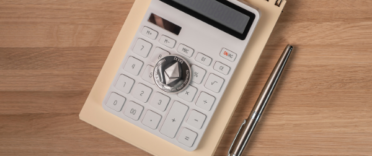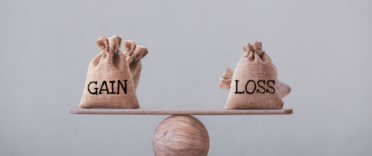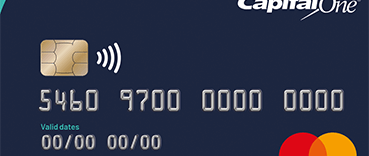I have some shares which I have held for a number of years. I intend to sell them to release a cash flow to purchase property valued at about £60,000. How do I workout if capital gains tax will be incurred?
My response:
Obviously if your shares are held in an Stocks and Shares ISA or pension then you are not subject to tax on selling them. But assuming that your shares are held directly by you then you may be liable to Capital Gains Tax.
Here HMRC provide full details of how to calculate capital gains tax on a disposal of shares.
But to sum up, whether or not you need to pay Capital Gains Tax (CGT) when you sell your shares depends on your total taxable gains for the tax year in question – which I assume will be this tax year. This includes the gain on the shares and gains on the disposal of any other assets that attract Capital Gains Tax.
Calculating your taxable gain
The way to calculate your taxable gain and whether you will have to pay CGT is to:
- Take the sale proceeds (which you will have to estimate as you haven't sold the shares yet)
- deduct the costs of acquisition (i.e. what you originally paid for the shares) and the costs incurred in selling the shares.
- deduct any reliefs that are applicable (here is a list of CGT reliefs that may be applicable on shares) which you may be able to claim
- deduct any allowable losses arising from the disposal of other asset
- deduct your annual capital gains tax allowance (or any unused portion) which is £10,600 for the tax year 2011/12
This will give you your taxable gain which is then subject to CGT.
The rate of CGT
The rate of CGT at which any gain is taxed depends on your overall income for the respective tax year. The CGT rate is:
- 18% for basic rate income tax payers
- 28% for higher rate income tax payers
However, if you are a basic rate taxpayer by virtue of your income, but your taxable capital gain pushes you over the threshold above which income tax is levied at 40% (£35,000 taxable income in 2011-12), you will pay the higher CGT rate of 28% on the any of gain above the threshold .
The occasional problem with identifying the acquisition costs of shares
Unlike most assets that attract CGT, shares within a portfolio are not uniquely identifiable. You may have bought your shares of the same class in the same company at different times and at different prices. As a result you have to apply special rules for working out their acquisition cost of shares for Capital Gains Tax purposes.
But there is a quicker and easier way to find out your CGT bill
What I've described above guides you through how you would manually work out a CGT bill on selling shares. But there are numerous free calculators on the Internet which do the job for you. All you have to do is key in the basic information and voilà.....your CGT liability.
Here is a free Capital Gains Tax Calculator which you can use.
But there are ways to reduce you Capital Gains Tax (CGT) bill
Yes there are and I cover these in details on my post Money tip #63 to #66 – How to realise capital gains without paying tax
I hope that helps
Best wishes
Damien
The material in any email, the Money to the Masses website, associated pages / channels / accounts and any other correspondence are for general information only and do not constitute investment, tax, legal or other form of advice. You should not rely on this information to make (or refrain from making) any decisions. Always obtain independent, professional advice for your own particular situation. See full Terms & Conditionsand Privacy Policy.





